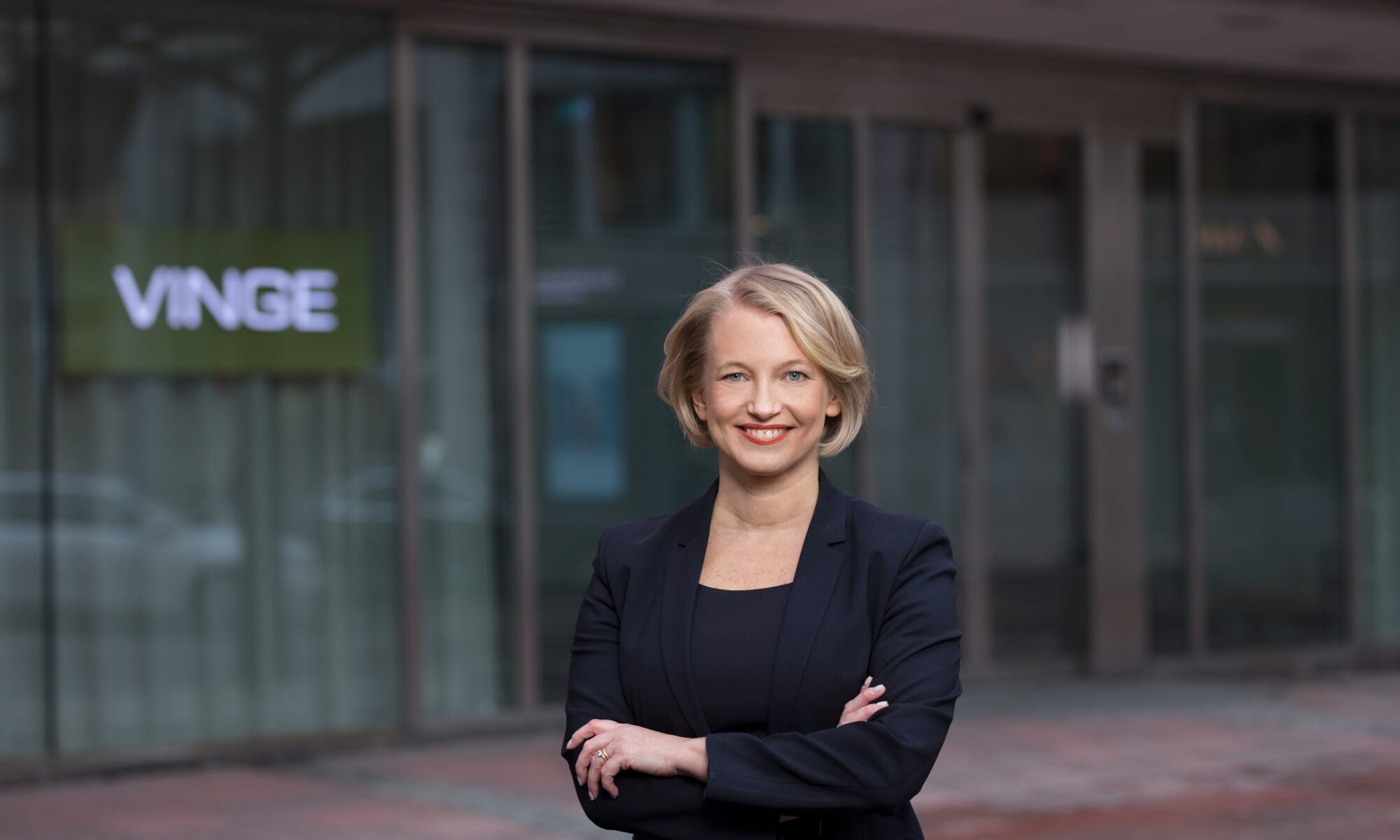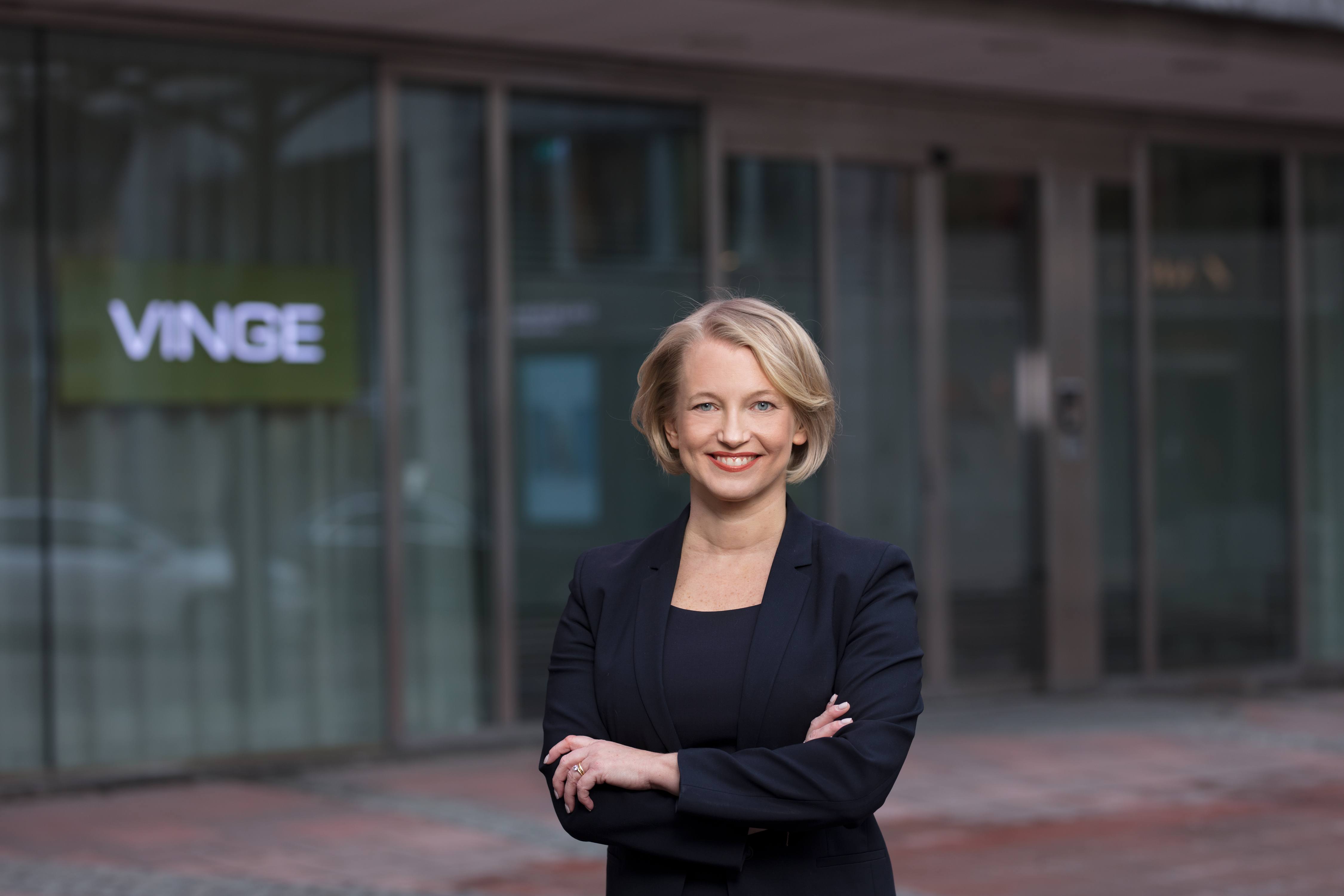What would you single out as the key distinguishments of your firm?
MP: The Swedish market is mature and comparatively international and Vinge one of a limited number of firms capable of offering real breadth and depth. This is not least because of the understanding of local market conditions that comes from being long-established, and well-networked, and because we have been fortunate enough to work on some of the most high-profile cross-border projects over the years. It has also served us well that we have remained young at heart and on our toes.
Do you predict an expansion or contraction of new names coming onto the Swedish market, whether that’s more international firms or boutiques?
MP: The trend in recent years has been towards new boutiques setting up. This trend is likely to continue. International firms wanting to achieve a foot print need to factor in the maturity of the market and make a realistic analysis of what they could add in addition to what already is on offer. There has been a tendency to try to chase PE mandates, resulting in relatively large number of M&A-centric firms, some of which may face challenges in M&A downturns.
What does innovation mean to you and how can firms be better at it?
MP: We consider that innovation should capture all new ways of delivering legal services, and not only tech solutions. The important thing in order to remain innovative is truly to understand what clients want: in our experience, this may differ greatly as between clients even within the same industry. Generally, the key thing is to have a sensible baseline approach to the expectations which you aim to meet. We also believe in involving all our people in the internal innovation process: we have established an innovation panel which includes both fee-earners and business services staff, and through which all new ideas and concepts are channelled. This helps us ascertain which ideas to pursue and where to focus our efforts.
What impact will the middle-market squeeze have and who do you think will be the winners and losers?
MP: The middle market firms capable of identifying and daring to stick to their key strengths will come through this challenging period. Throughout 2020, we have seen the usual “flight to quality” that we often experience during uncertain times. This is particularly true on the transactional side.
What can be done to address the fact that gender representation is far lower in the senior ranks than at the associate level?
MP: For us, it was important to set a real, measurable target to address the gender imbalance in our senior ranks. In 2014, we went out to say that 50 % of our new partners during the period 2015 -2019 should be women, since this reflected how we recruited at graduate level. In the period, we achieved some 43 percent of our new partners being women. We have now set a corresponding target for the next five-year period. Our experience is that the target means that our ambition to achieve a better gender representation at senior level is clearly visible, including to our own women. Today we have a good balance between women and men amongst our senior associates, which is a big step from where we were in 2014.
The Swedish legal market is faring quite well though the Covid storm, but how are you futureproofing your practice for the uncertain times ahead?
MP: Given our market position and the uncertainty that the pandemic brings, our full-service offering is serving us very well. We are boosting areas where we believe there is still potential for growth through hires and by developing our own internal talent. We also carry out substantial investments in training and development of our lawyers: it is our firm belief that our future starts with our people.
With Stockholm being a unicorn hub, are there any significant growth companies on the market you might expect to see go public soon?
MP: The IPO pipeline remains substantial. At the same time, there is also interest from international investors in local growth companies. In other words, there are often two potential avenues for these companies, both of which may be very attractive.
Can you tell me how you are implementing legaltech innovation for the benefit of clients?
MP: Following the AI hype which enveloped many law firms a few years ago, we have, like others, reverted to more of a “back to basics” approach. Document automation remains one focus, client portals another. The important thing is to have an ongoing conversation with clients in order to understand their actual needs.
Is Sweden maintaining its reputation as an East-West arbitration hub?
MP: Yes, there is still substantial interest from parties to East-West agreements to arbitrate under the auspices of the rules of the Arbitration Institute of the Stockholm Chamber of Commerce. In 2019, Russia, Germany and US represented the most common party nationalities in SCC proceedings, outside Sweden. The SCC continues to handle between 170-200 cases per year, of which approximately 50 % are international.
What do Swedish lawyers get right that others in the region don’t?
MP: I think we are relatively similar to many of our good friends among leading Nordic law firms. However, we have seen substantial competition from both international firms present in the market and those who handle mandate on a “fly-in”-basis for a very long time. Whether this is a differentiator is difficult to say – but it does mean that we have been influenced by how international law firms handle projects for many years.

